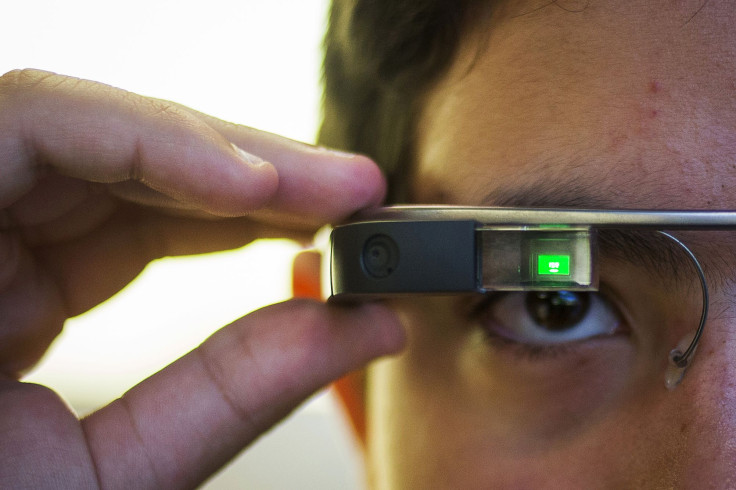Google Glass Addiction May Now Be A Thing And Its Withdrawal Is Worse Than Those From Alcohol

Some people just can’t handle their technology. From television to tablets, each new gadget seems to bring a wave of people that become, well, addicted. Recently, a man became the first documented Google Glass case. The man checked himself into rehab for alcoholism, but much to the surprise of his therapists, the alcohol abuse wasn’t causing the man nearly as much trouble as his Google Glass addiction.
For those of you who aren’t quite familiar with the concept of Google Glass, I’ll give you a quick run-through. Google Glass is the newest addition to the smart technology family and allows the user to access the Internet, shoot photo and video, and send messages, all through their tiny lenses. The Google Glasses are controversial, and many feel that the constant filming of the Google Glasser is an invasion to the privacy of those around them, but for the entitled group lucky enough to afford the $1,500 product, they are adored.
Prior to checking into Navy's Substance Abuse and Recovery Program for his alcohol dependency, doctors say the 31-year-old serviceman had a history of substance abuse, depressive disorder, anxiety disorder, and obsessive compulsive disorder. The patient confessed to wearing his Google Glasses for up to 16 hours a day, taking them off only to sleep and bathe, CNN reported. During treatment, he was observed to frequently tap on his temple — a movement specific to Google Glass users when turning on the device. "He reported that if he had been prevented from wearing the device while at work, he would become extremely irritable and argumentative," the doctors write, as reported by CNN.
Along with showcasing signs of dependency, the patient also exhibited Google Glass withdrawal symptoms the doctors described as being even worse than withdrawal from alcohol. The man would, for example, “experience dreams as if looking through the device,” and this continued after his release from rehab.
As of now, Google Glass addiction is not a recognized mental health disorder, although it does fit into the category of Internet addiction disorder.
“Individuals with IAD manifest severe emotional, social, and mental dysfunction in multiple areas of daily activities due to their problematic use of technology and the Internet," according to the study abstract. Other forms of IAD involve the recently popularized smartphone addiction, which not only has psychological repercussions but has been documented to cause individuals to feel vibrations that never occur.



























